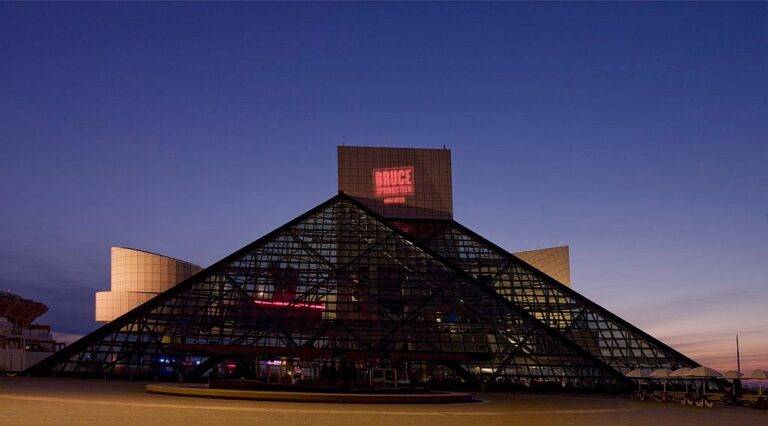The Future of Virtual Concerts in a Post-Pandemic World
The music industry is constantly grappling with the issue of piracy, which has significantly impacted the revenue streams for artists and record labels. With the rise of digital platforms and streaming services, illegal downloading and sharing of music have become rampant, leading to substantial financial losses for all stakeholders involved in the music creation and distribution process.
Another major challenge faced by the music industry is the shift towards streaming platforms, which has altered the traditional business models. While streaming has provided listeners with unprecedented access to a vast library of music, it has also posed challenges in terms of fair compensation for artists. With streaming services offering minimal royalties per stream, many artists struggle to make a sustainable living solely through music streaming, necessitating them to seek alternative sources of income such as live performances and merchandise sales.
Evolution of Virtual Concert Technology
Virtual concert technology has rapidly evolved in recent years, providing musicians and audiences with new and innovative ways to experience live music performances. With the advancements in virtual reality and streaming capabilities, artists are now able to reach a global audience from the comfort of their own studios. This technology has enabled musicians to connect with fans in ways that were previously unimaginable, breaking down barriers of distance and accessibility.
Furthermore, the evolution of virtual concert technology has not only revolutionized the way music is performed and experienced but has also opened up new avenues for artists to monetize their work. Through pay-per-view livestreams, virtual meet-and-greets, and exclusive online concerts, musicians can now generate revenue from their performances online. This shift towards virtual concerts has forced the music industry to adapt and explore alternative revenue streams, especially in the face of concert cancellations and venue closures due to unforeseen circumstances such as the global pandemic.
Impact of Virtual Concerts on Audience Engagement
Virtual concerts have revolutionized the way audiences engage with music performances. With the ability to attend shows from the comfort of their own homes, viewers are now able to experience live music like never before. This increased accessibility has led to a surge in audience engagement, as individuals from all corners of the globe can now participate in concerts they may not have been able to attend in person.
Furthermore, virtual concerts have also opened up new opportunities for interaction between artists and their fans. Through live chat features and virtual meet-and-greets, audience members can connect with performers in real-time, fostering a sense of community and intimacy that transcends physical distance. This direct line of communication has not only enhanced the overall concert experience but has also deepened the bond between artists and their supporters, ultimately leading to a more immersive and engaging musical experience for all involved.
What are some of the challenges faced by the music industry in adapting to virtual concerts?
Some challenges faced by the music industry include technical difficulties, limited audience interaction, and the need for innovative marketing strategies to reach a wider audience.
How has virtual concert technology evolved over the years?
Virtual concert technology has evolved to include high-quality video streaming, interactive platforms for audience engagement, and virtual reality experiences that offer a more immersive concert experience.
What impact do virtual concerts have on audience engagement?
Virtual concerts have the potential to reach a larger and more diverse audience, allow for real-time interaction between artists and fans, and provide a unique and personalized concert experience from the comfort of one’s own home.





